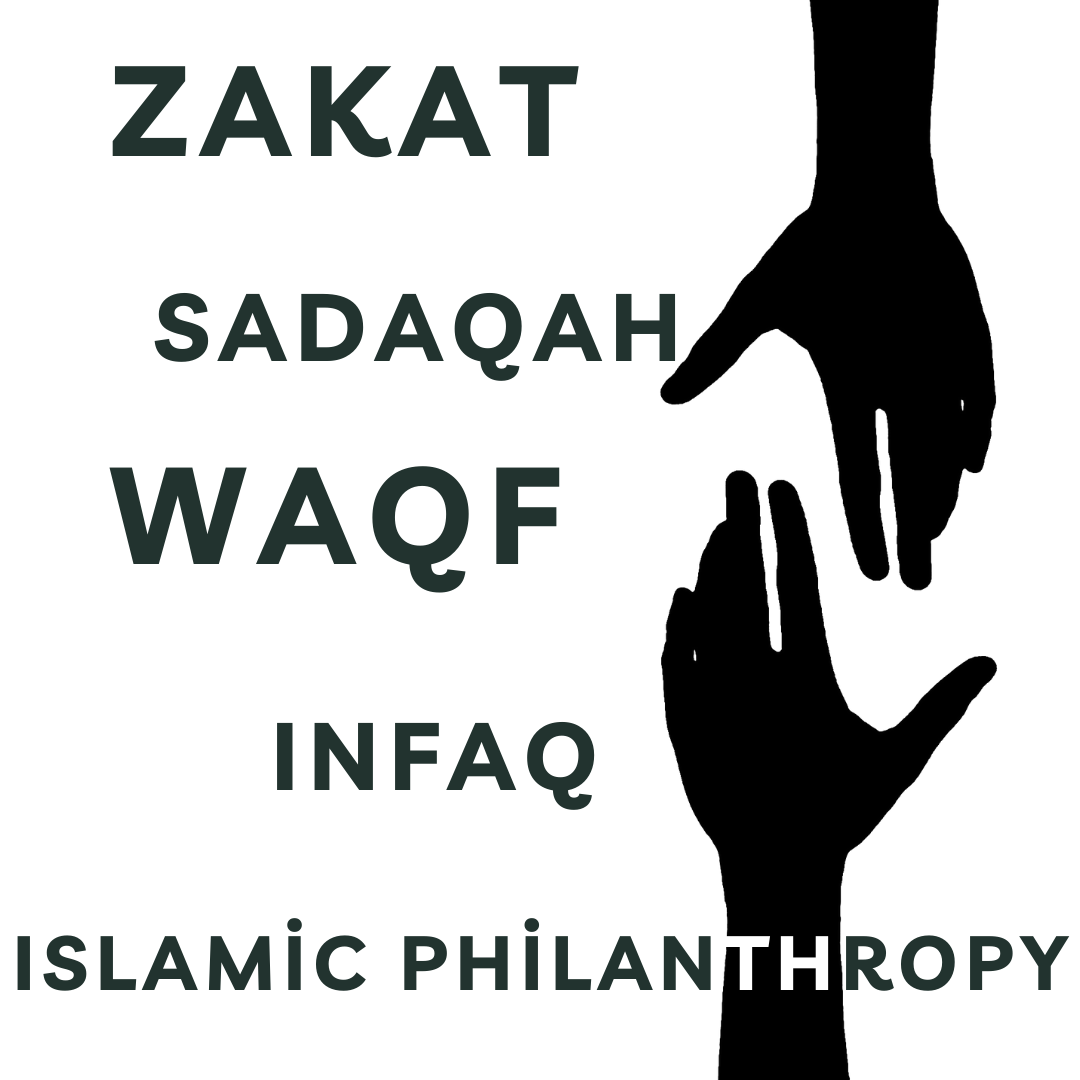
Summary: Islamic philanthropy is deeply rooted in principles of social justice, generosity, and collective responsibility, emphasizing the moral and financial duty of individuals and businesses to support societal well-being. It plays a key role in wealth distribution, social welfare, and economic stability, ensuring that resources reach those in need through structured mechanisms like zakat, sadaqah, waqf, and infaq. Islamic philanthropy serves as a foundation for social justice, ensuring that economic resources are distributed equitably, supporting both material and spiritual well-being in society.
Understanding Islamic Philanthropy
Islamic philanthropy is fundamentally based on the principles of social justice, generosity, and collective responsibility. It serves as a cornerstone of Islamic teachings, highlighting the moral and financial obligation of both individuals and businesses to contribute to societal well-being. Deeply woven into economic and social frameworks, Islamic philanthropy plays a crucial role in equitable wealth distribution, fostering social welfare, and uplifting those in need. Through structured mechanisms such as zakat, sadaqah, waqf, and infaq, it ensures sustainable support for vulnerable communities, reinforcing a culture of compassion, ethical giving, and shared prosperity.

Picture 1. Core Principles of Islamic Philanthropy
Islamic philanthropy is guided by key principles that promote social welfare, wealth distribution, and ethical giving. These principles ensure that charitable contributions serve both spiritual and societal purposes, fostering economic balance and collective well-being.
1. Zakat (Obligatory Charity)
Zakat is a fundamental pillar of Islam that mandates financially capable individuals to donate a portion of their wealth to those in need. It serves as a mechanism for purifying wealth and maintaining economic equity within society. The collected funds are specifically allocated to designated groups, including the impoverished, orphans, individuals burdened by debt, and those striving in the path of righteousness. By enforcing financial responsibility, zakat helps…

















